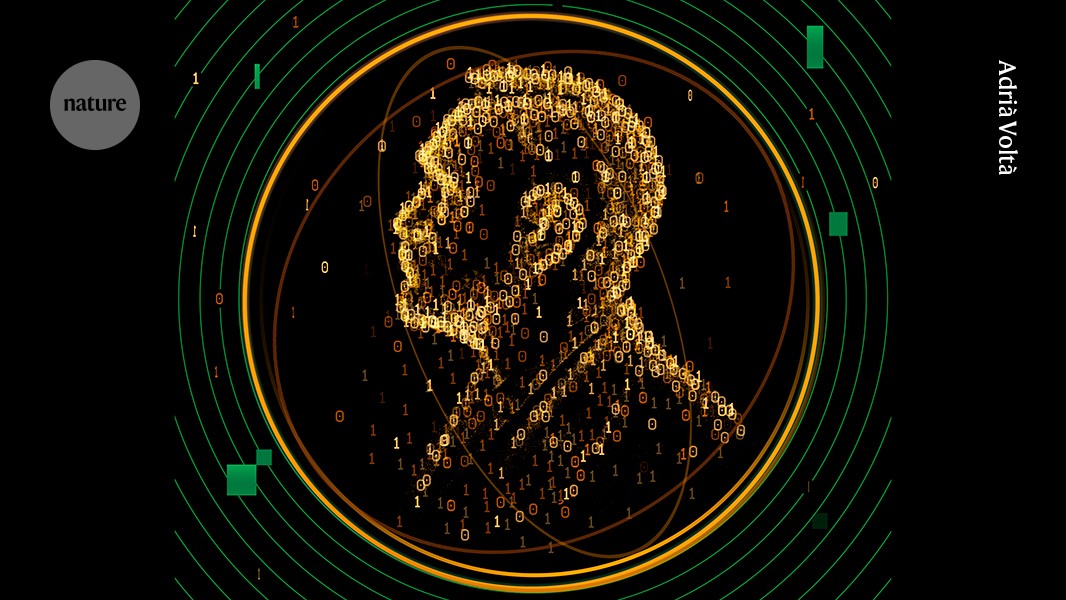
"In 2016, Hiroaki Kitano, a biologist and chief executive at Sony AI, challenged researchers to accomplish just that: to develop an AI system so advanced that it could make a discovery worthy of a Nobel prize. Calling it the Nobel Turing Challenge, Kitano presented the endeavour as the grand challenge for AI in science. A machine wins if it can achieve a discovery on a par with top-level human research."
"That's not something current models can do. But by 2050, the Nobel Turing Challenge envisions an AI system that, without human intervention, combines the skills of hypothesis generation, experimental planning and data analysis to make a breakthrough worthy of a Nobel prize. It might not even take until 2050. Ross King, a chemical-engineering researcher at the University of Cambridge, UK, and an organizer of the challenge, thinks such an ' AI scientist ' might rise to laureate status even sooner."
Artificial intelligence models have begun to perform scientific tasks such as data analysis, experimental design and hypothesis generation. The Nobel Turing Challenge sets a goal for AI to make discoveries comparable to top human researchers. The challenge envisions by 2050 an autonomous system that generates hypotheses, plans experiments and analyses results to produce Nobel-worthy breakthroughs, though some organizers believe such systems could arrive sooner. Many researchers are skeptical that current models, trained on existing human knowledge, can produce genuinely novel insights. Significant shifts in AI development approaches and major funding increases are proposed to accelerate progress.
Read at Nature
Unable to calculate read time
Collection
[
|
...
]